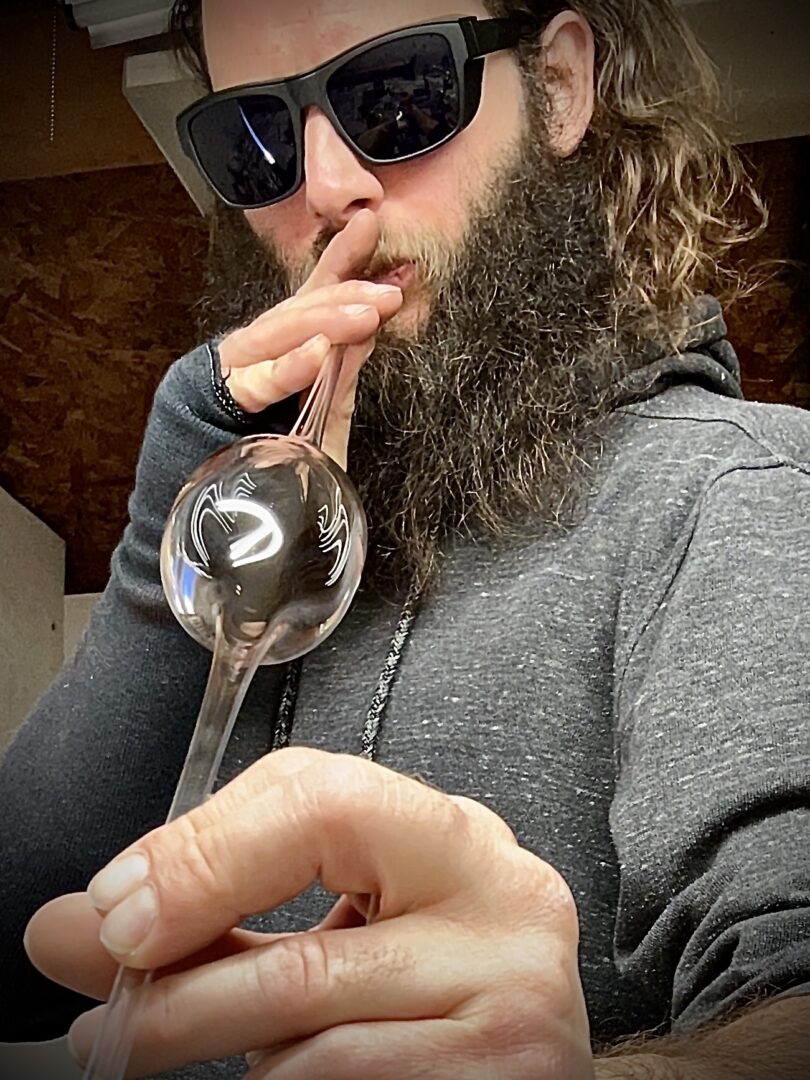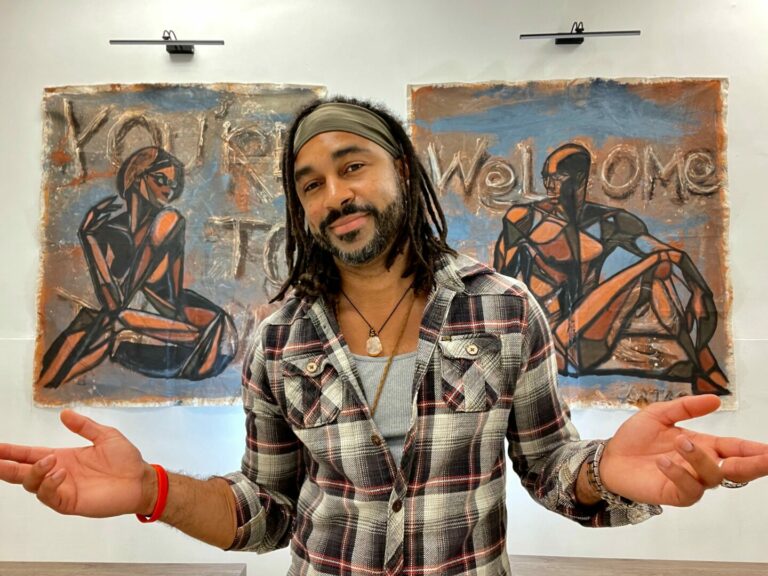We were lucky to catch up with Dustin Reed recently and have shared our conversation below.
Dustin, thank you so much for joining us. You are such a positive person and it’s something we really admire and so we wanted to start by asking you where you think your optimism comes from?
Heating a solid so hot it becomes a viscous liquid and trying to control the outcome is almost a codependency with optimism. There are so many factors and variables involved in the process of any glass art but specially torch working. Once the object is made it goes into an annealing oven over night and the results aren’t known until the next morning. Every morning I open the oven, I am always interested to see the final outcome. Optimism for me comes from the ability to create each unique piece and do my best to control all the variables I can for the best outcome.
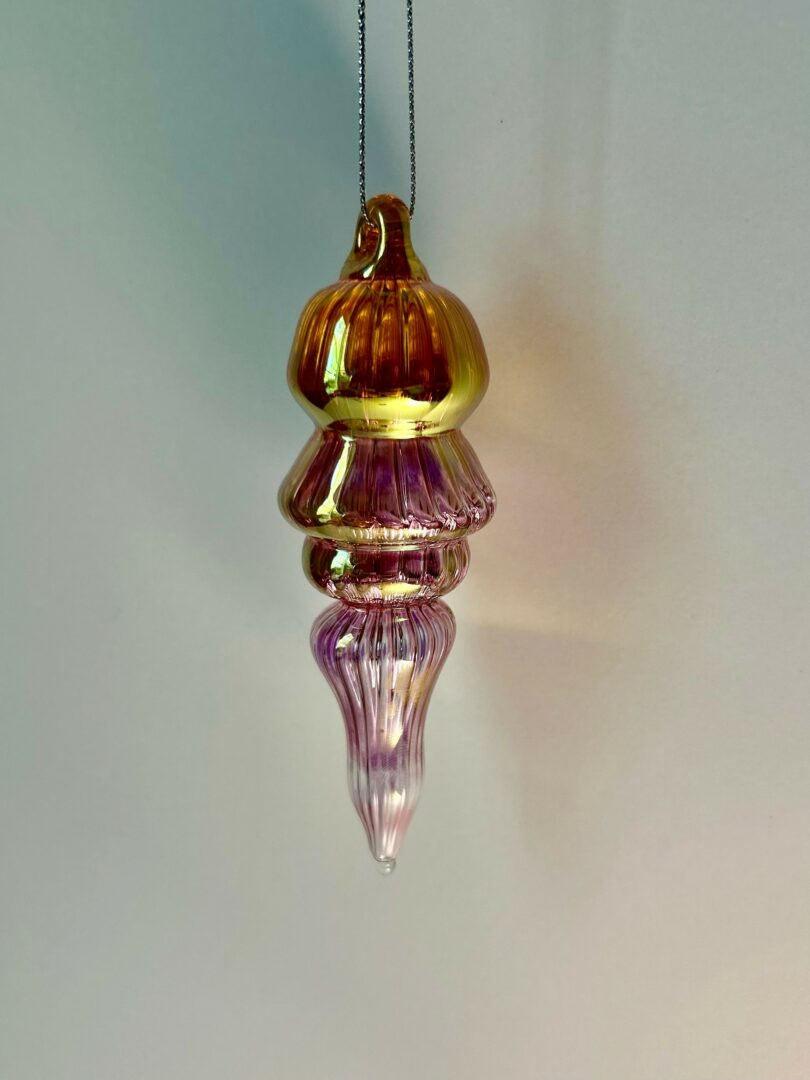
Great, so let’s take a few minutes and cover your story. What should folks know about you and what you do?
I am Dustin from D V Reed Glass, I make one of a kind pieces in glass such as earrings, ornaments, goblets, marbles and sculptures on the torch. I began making glass beads at 14 and attended Pilchuck Glass School at 24 to really begin the glass journey. I am currently a full time glass artist with a little home studio to make glass art for my website and for markets and art fairs.
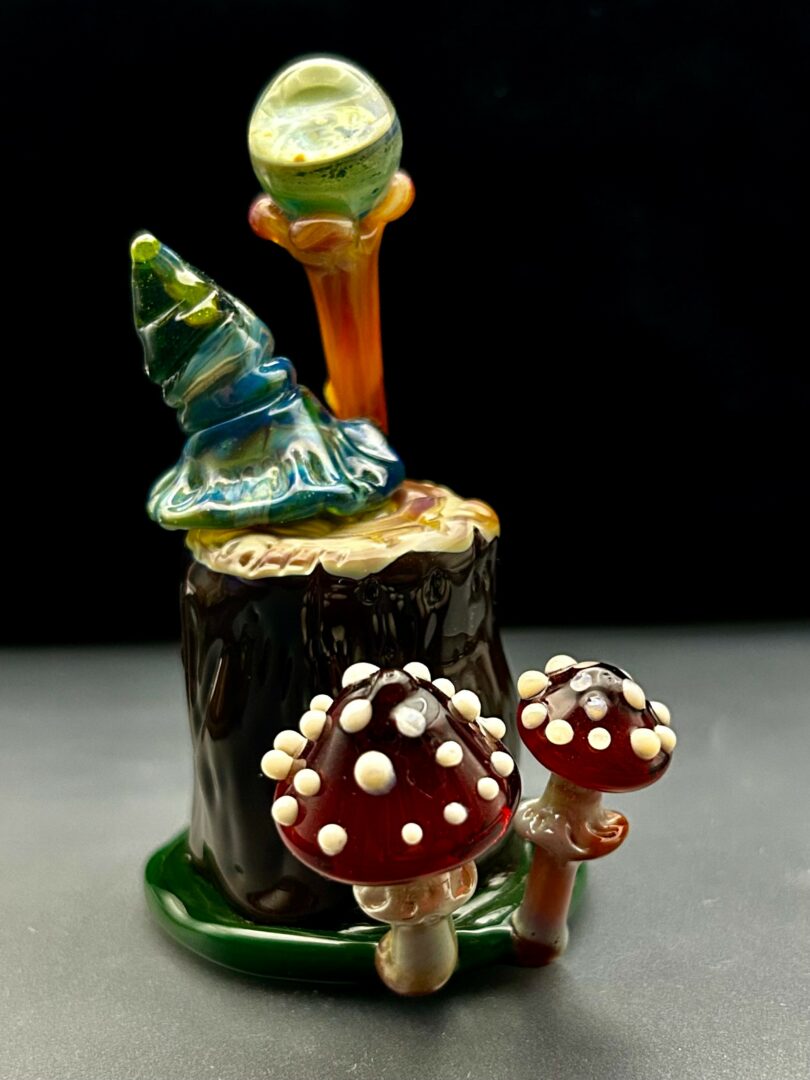
Looking back, what do you think were the three qualities, skills, or areas of knowledge that were most impactful in your journey? What advice do you have for folks who are early in their journey in terms of how they can best develop or improve on these?
Looking back on my glass journey, the top three skills with the most impact are patience, optimism, and humbleness. Glass is a very difficult medium to work in and patience is a huge part in working with it. In the beginning stages of learning glass, there are more broken pieces than completed ones and you must be patient with the leaning curve. Optimism is another important tool for the art. Taking an object and heating it into a viscous blob, controlling the outcome of this gooey blob, and then leaving it sight unseen until the next day takes a lot of optimism. You have to trust that the process went as planned and when it does not, there is a lesson to learn or a happy accident, but never a failure. Thirdly humbleness is not part of everyone’s repertoire, but it plays a big part in mine. Being humble allows more respect for the craft in my opinion. It brings on the mindset of wanting to be the best you can be with the material but also realizing you can never be perfect with so many variables.

What’s been one of your main areas of growth this year?
My biggest area of growth has been improving upon my torchworking skills. I was doing glass blowing for a local studio and torchworking in my free time, but now I focus just on torchworking. I have also started to incorporate other mediums with the glass to build upon ideas for the future.
Contact Info:
- Website: https://www.dvreedglass.com
- Instagram: @dvreedglass
- Facebook: dvreedglass
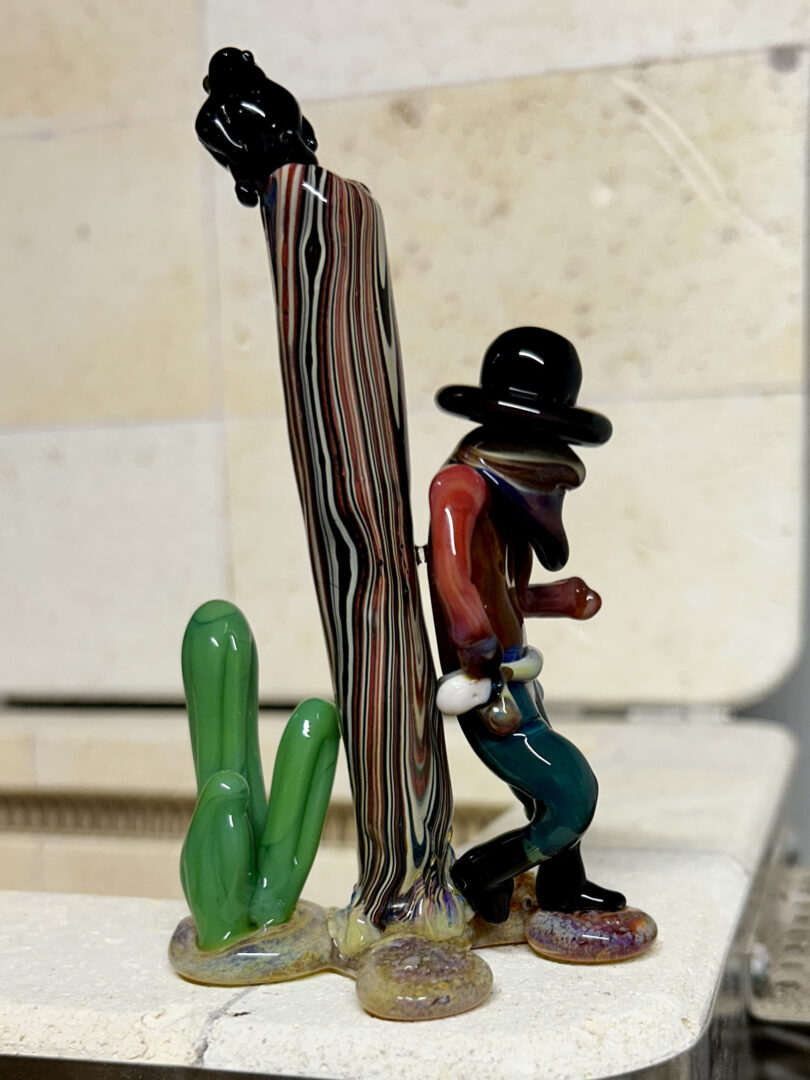
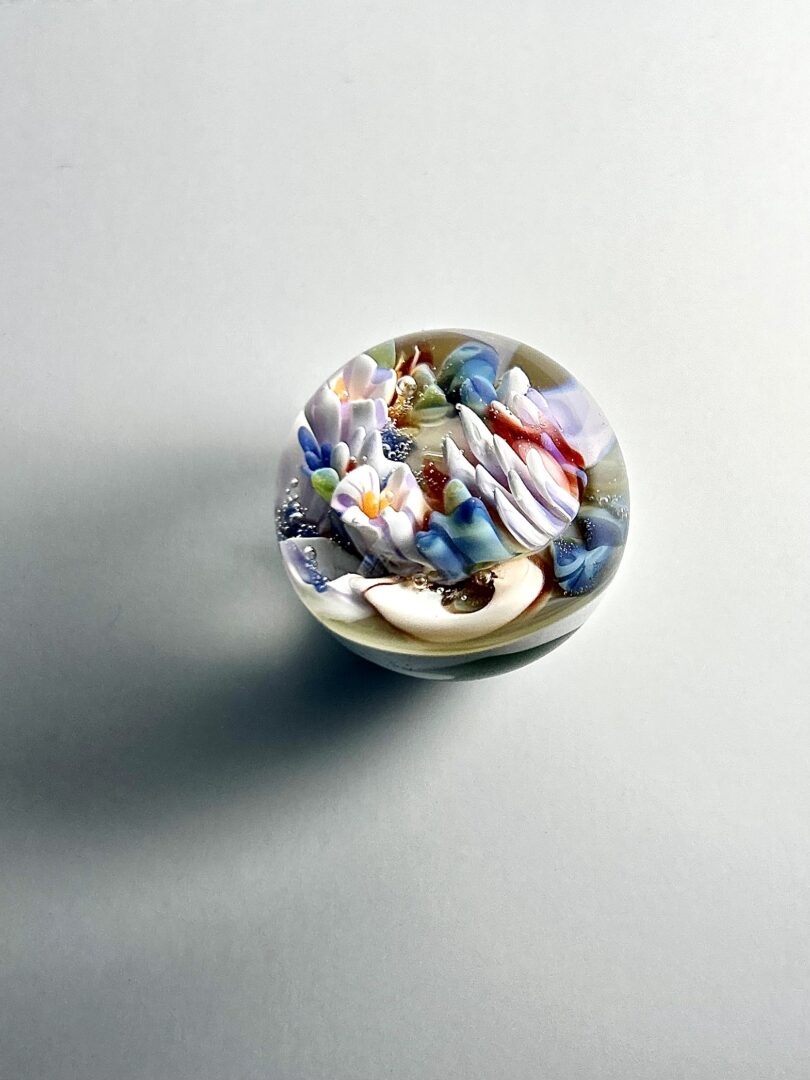
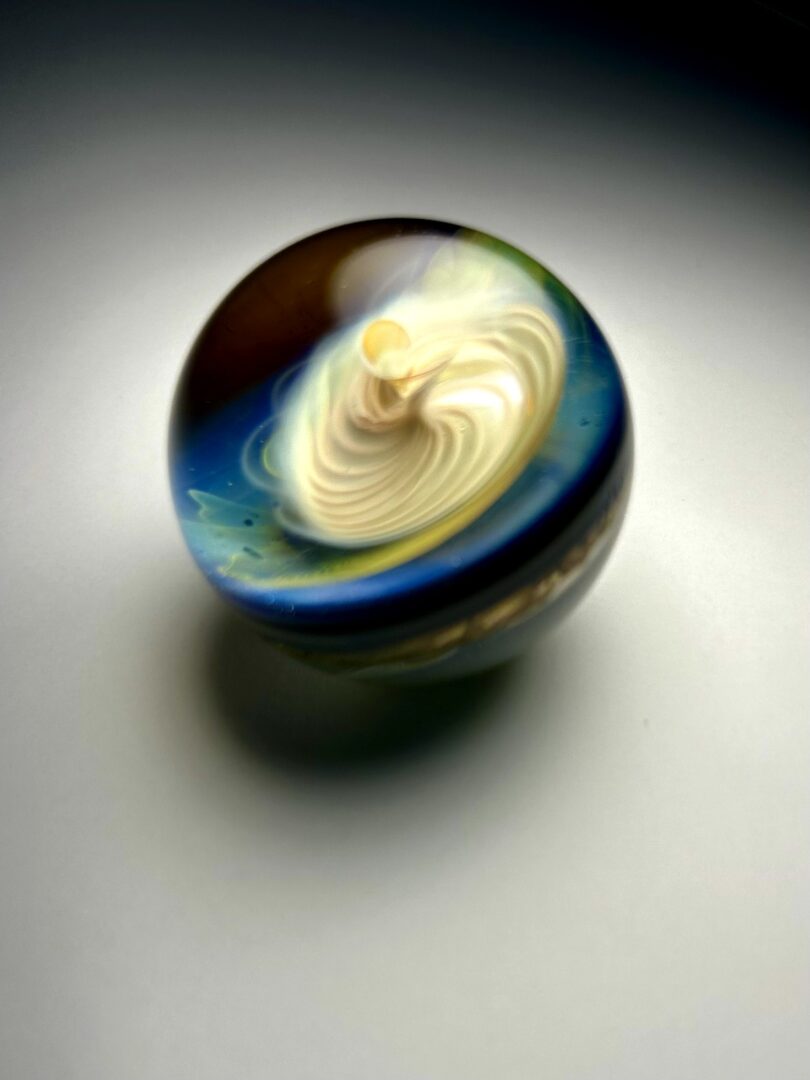
so if you or someone you know deserves recognition please let us know here.

